jbrehm2, December 19, 2022
Nebraska Research: 2022 in review
Recent Stories
-
March 2, 2026
Husker researchers collaborate to explore fear of spiders
Psychology
- Biomedical and Obesity Research Core offers equipment, expertise, support
- February 26, 2026 Record five Husker researchers named NAI Senior Members
- February 25, 2026 Heng-Moss named permanent vice chancellor for agriculture and natural resources
-
February 24, 2026
R&I releases research identity framework and will host ideation workshops
Research Identity
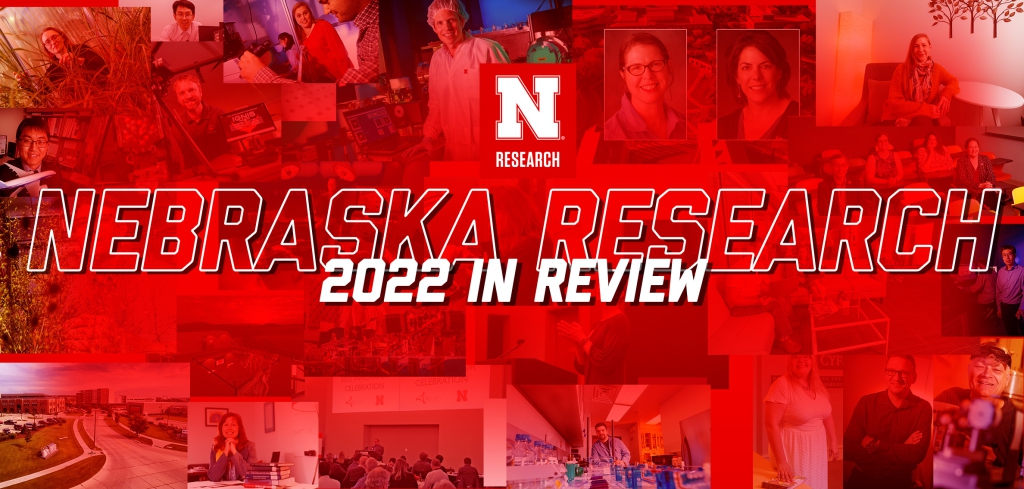
Nebraska Research: 2022 in review
2022 marked another record-setting year for research and creative activity at the University of Nebraska-Lincoln. View the slideshow for a record of highlights and major accomplishments by Nebraska’s research community.
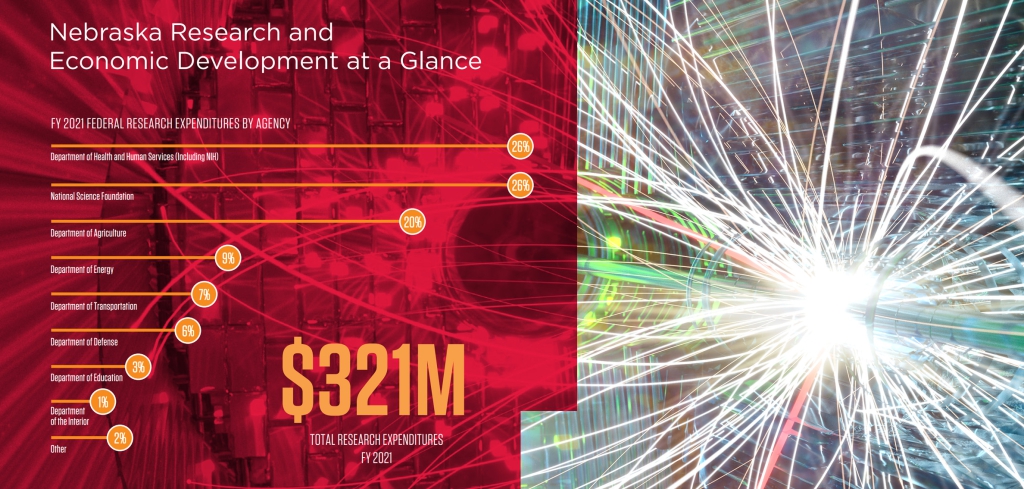
Research expenditures continue to increase
UNL totaled $321 million in research expenditures in 2021-22, another record. That’s a 31% increase over the past 10 years. The total includes $19.8 million in industry-sponsored research expenditures and 1,560 sponsored research awards.
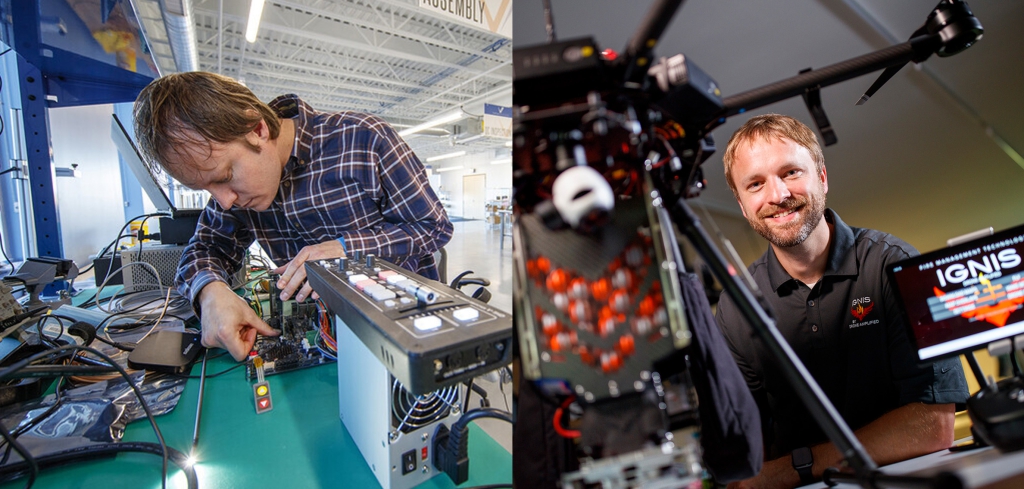
Nebraska rises to No. 64 in worldwide patent rankings
Innovations from the field to the operating room helped propel the University of Nebraska system to its best-ever ranking among the top 100 academic institutions worldwide earning U.S. patents.
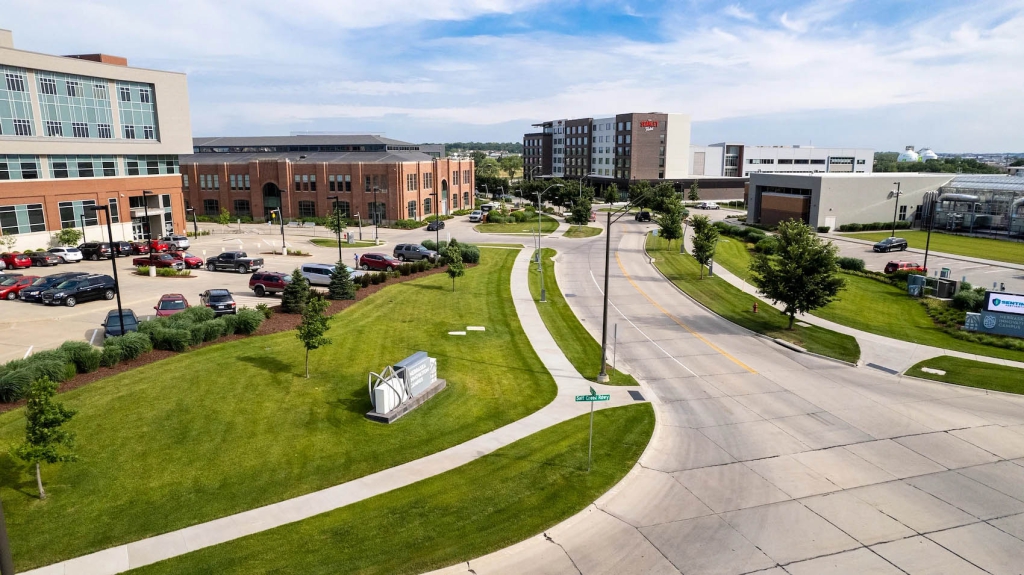
Nebraska Innovation Campus celebrates 10 years
Nebraska Innovative Campus celebrated its first decade as UNL’s public-private research and technology development hub. In 2022, NIC is home to 58 public- and private-sector partners and has created 2,127 jobs statewide. The cumulative statewide economic impact of its investments is $328.9 million.
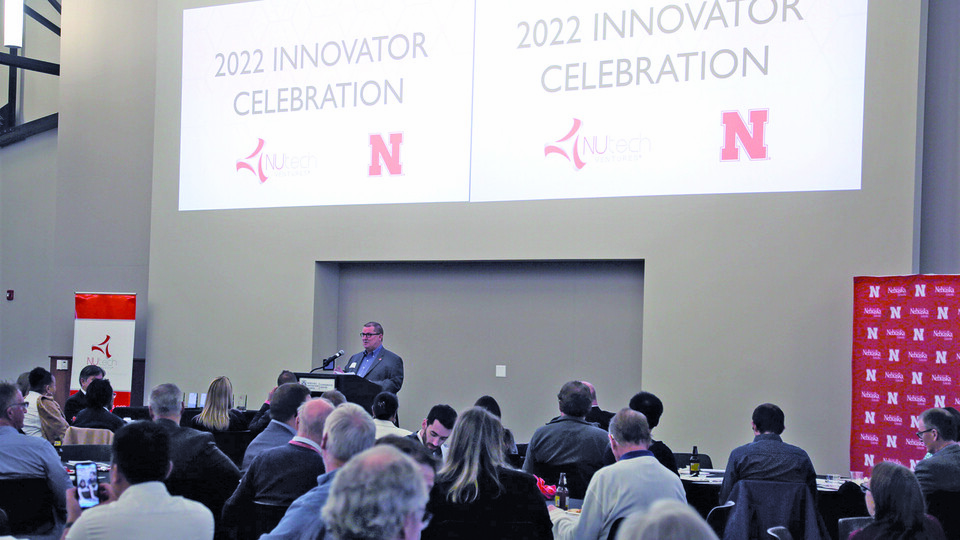
NUtech Ventures names 2022’s top innovators
During Nebraska Research Days, NUtech Ventures announced the recipients of 2022’s Innovator Awards, which recognize university personnel and partnering companies that are developing and commercializing cutting-edge research at Nebraska.
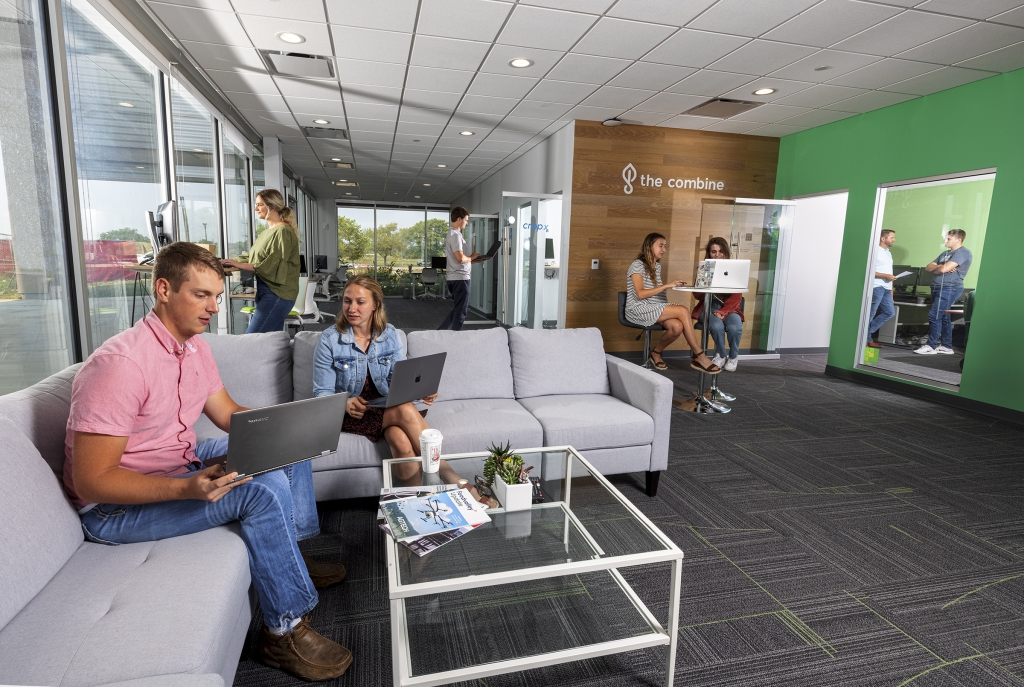
UNL joins Great Lakes Innovation Hub
Nebraska was named a member of the National Science Foundation’s Great Lakes Innovation Corps Hub, aimed at accelerating the transfer of research from the university into the marketplace. Membership will build on and expand Nebraska’s entrepreneurial efforts. With the addition of UNL, the regional Great Lakes I-Corps Hub now includes 12 institutions.
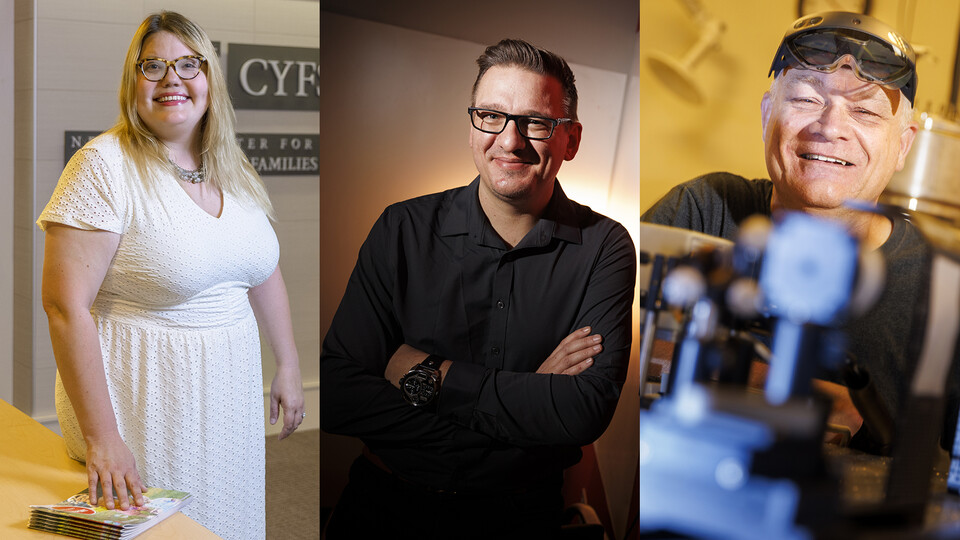
$10 million awarded in first cycle of the Grand Challenges competition
Thirteen awards totaling $10 million were funded through the Grand Challenges Catalyst Competition. Three Catalyst Awards – intended for groundbreaking interdisciplinary proposals – were awarded to projects aimed at preventing sexual violence among indigenous youth, replicating the human immune system and exploring quantum phenomena. Ten planning grant awards support further project development. A full list of the Catalyst Award and planning grant teams are available on the Grand Challenges website. The Office of the Chancellor and the Office of Research and Economic Development have committed up to $40 million over four years to invest in the initiative.
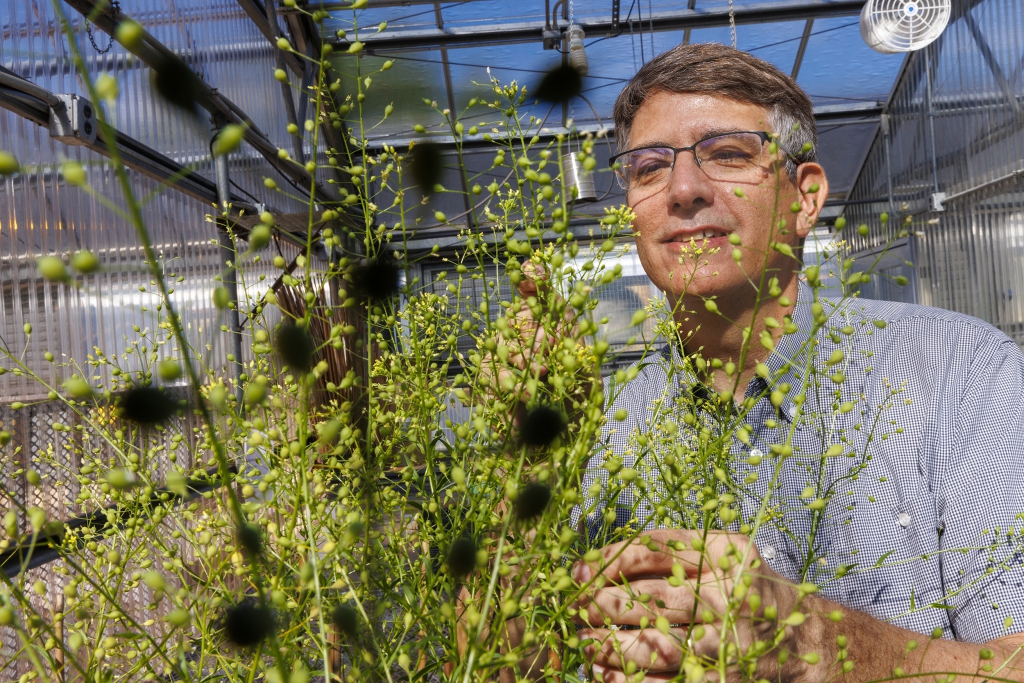
Team studies oilseed potential in biofuels and bioproducts
Nebraska researcher Ed Cahoon is leading a multi-institution team working to unlock the full potential of two oilseed crops that may help meet the escalating demand for renewable fuels, industrial chemicals and other bioproducts. The $12 million project is funded by the U.S. Department of Energy.
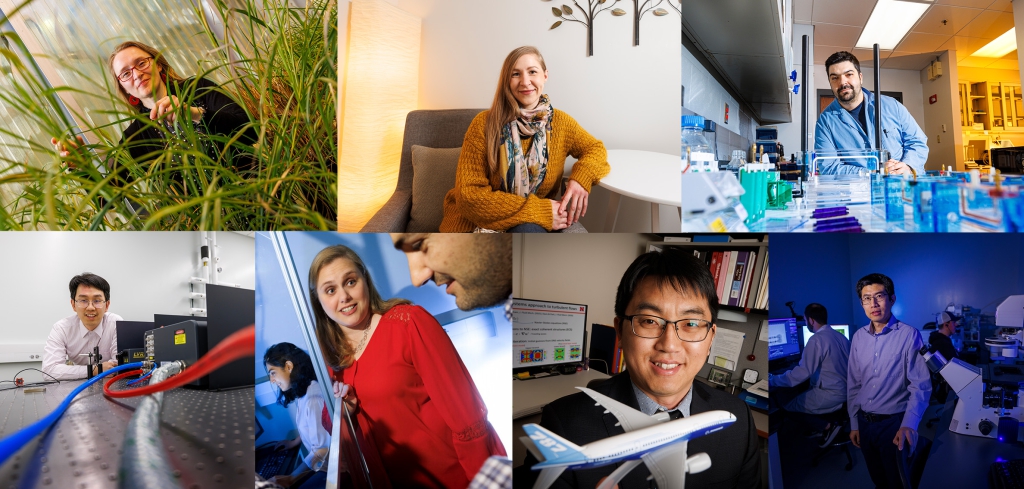
Seven receive NSF CAREER awards
Seven Nebraska faculty members earned National Science Foundation Early Career Development Program awards – tying UNL’s record for the number of CAREER awards received in a calendar year. This year’s awards total nearly $4.3 million. Awardees are answering longstanding questions about turbulence, unlocking the potential of RNA, analyzing Title IX implementation, developing a nanosized disease detector and more.
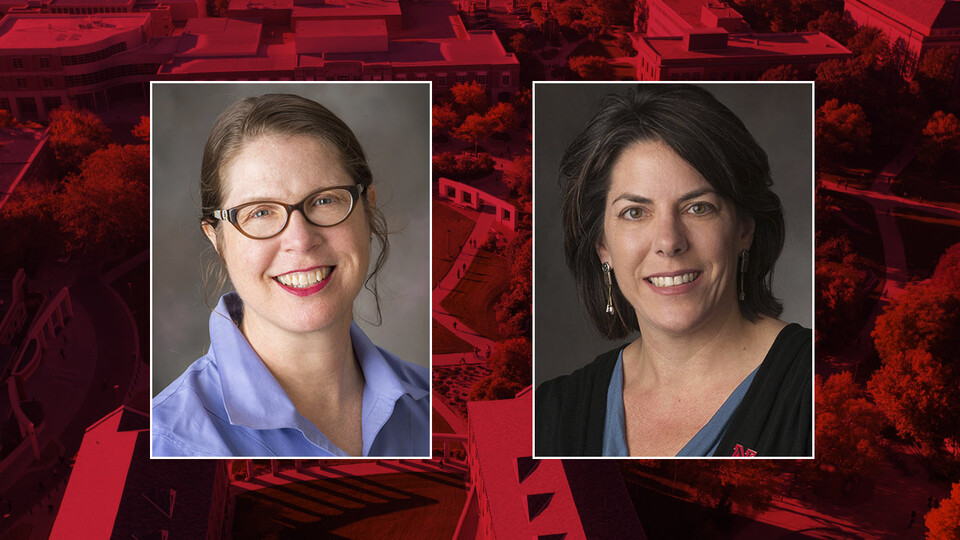
McQuillan, Walker named AAAS fellows
Julia McQuillan, sociology, and Judy Walker, mathematics, were named 2021 fellows of the American Association for the Advancement of Science, the world’s largest multidisciplinary scientific society. The awards were announced in January. Fellows are selected by their peers for scientifically or socially distinguished achievements that advance science or its application.
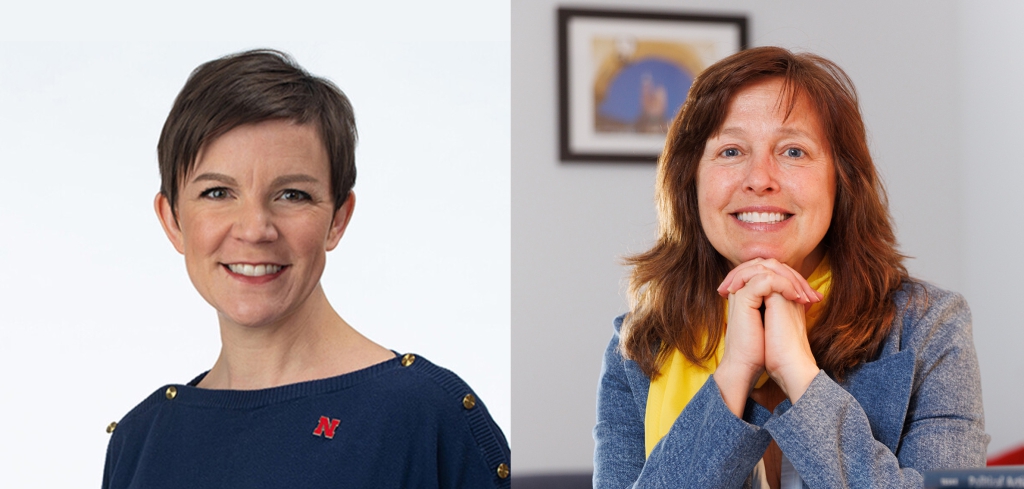
Jones, McMahon earn Fulbright honors
Two Husker researchers received Fulbright U.S. Scholar Awards. Valerie Jones, Seaton Distinguished Professor of journalism and mass communications, is studying the use of emergent technology to facilitate social connectedness in aging adults, and Patrice McMahon, professor of political science, is advancing research on grassroots activism in Central Europe.

Fuchs named National Academy of Sciences Kavli Fellow
Nebraska’s Matthias Fuchs, associate professor of physics and astronomy, was named a Kavli Fellow of the National Academy of Sciences. The designation earned Fuchs an invitation to the 2022 U.S. Kavli Frontiers of Science Symposium, where he presented research in his area of expertise: ultrafast and high-field X-ray science.
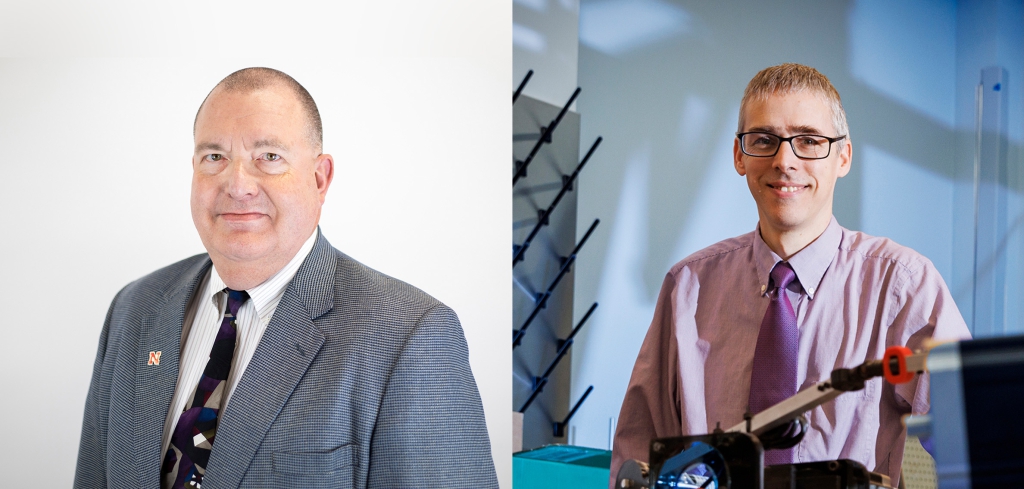
Two earn National Academy of Inventors honors
Ronald Faller, Willa Cather Research Professor of civil and environmental engineering and director of the Midwest Roadside Safety Facility, was named a fellow of the National Academy of Inventors on Dec. 8. The honor is given to inventors with a prolific spirit of innovation in creating or facilitating outstanding inventions that have tangibly impacted quality of life, economic development and the welfare of society. Faller will be inducted in June 2023.
In February, Carl Nelson, professor of mechanical and materials engineering, was elected an NAI senior member, which recognizes early stage inventors whose success in patents, licensing and commercialization shows potential to benefit society.
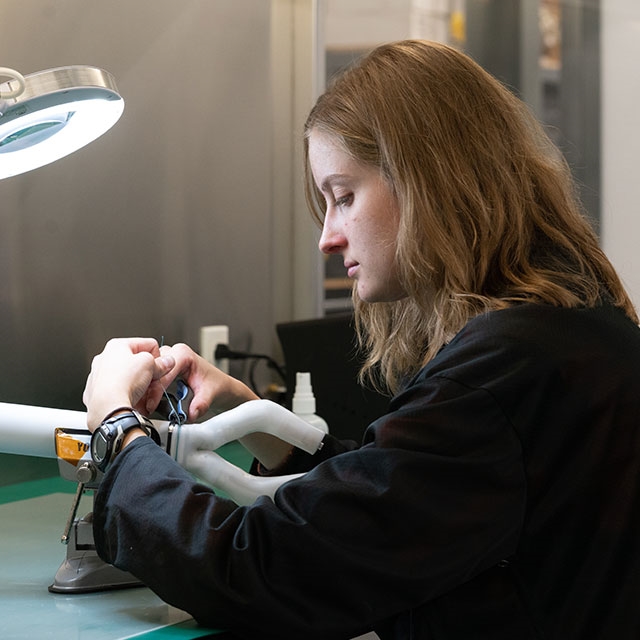
Surgical robot readies for space station
A miniaturized robot invented by Nebraska’s Shane Farritor is on schedule to blast off into space to showcase its skills. NASA awarded the university $100,000 through the Established Program to Stimulate Competitive Research to ready the surgical robot for a 2024 test mission aboard the International Space Station. Farritor is the David B. and Nancy K. Lederer Professor of Engineering.
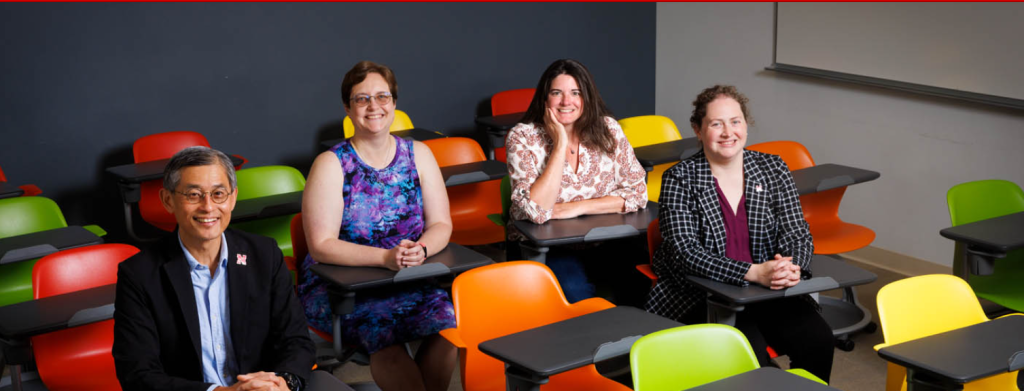
Nebraska-led project to help STEM students’ transition to four-year colleges
Nebraska is leading a 22-institution research collaboration aimed at smoothing STEM students’ transition from two-year colleges to four-year institutions. This research will fill a critical gap in the national understanding of what it takes to help transfer students succeed in the next step of their education.

Visitors can travel back to prehistoric Nebraska in new museum exhibit
“Expedition Nebraska,” a collaboration between Nebraska Public Media Labs and the University of Nebraska State Museum, allows visitors to virtually travel back in time to prehistoric Nebraska and get a feel for how it has changed over the millennia. Through its innovative virtual exhibits, the Museum reached 22,000 Nebraska students in grades K-5 this year.

Book published by Press earns Nobel Prize in Literature
“Do What They Say Or Else,” a novel written by Annie Ernaux and published by the University of Nebraska Press, received the 2022 Nobel Prize in Literature. This is the fifth time since 2008 that UNP has represented a Nobel Prize-winning author.
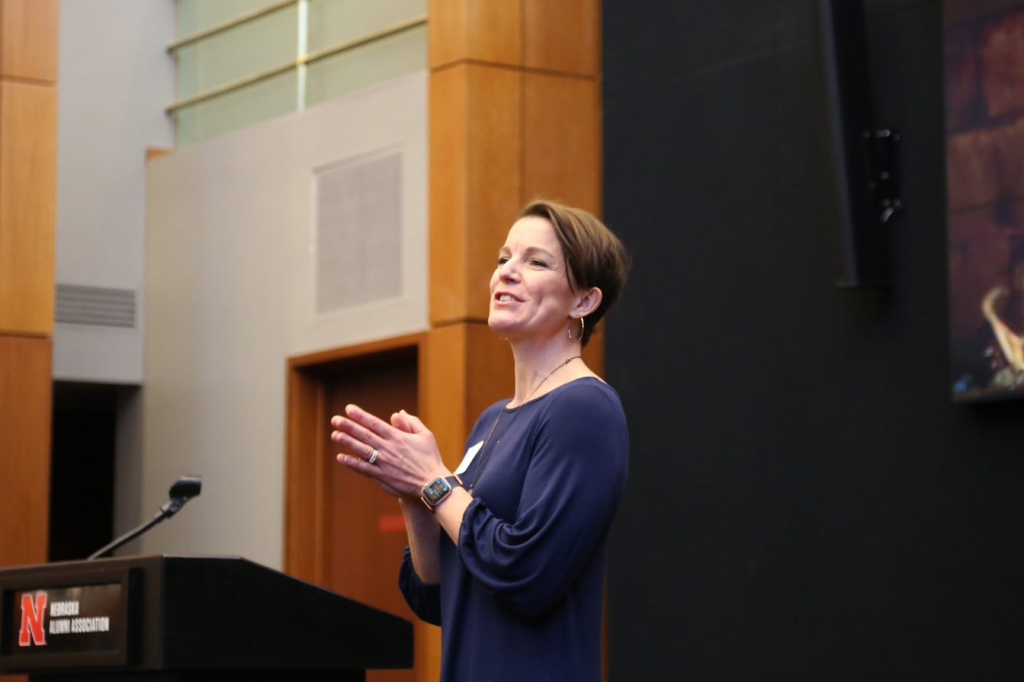
Jones wins Faculty Research and Creative Activity Slam
Valerie Jones, Seaton Distinguished Professor of journalism and mass communications, was winner of this year’s Faculty Research and Creative Activity Slam, part of Nebraska Research Days.





